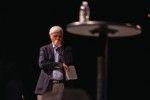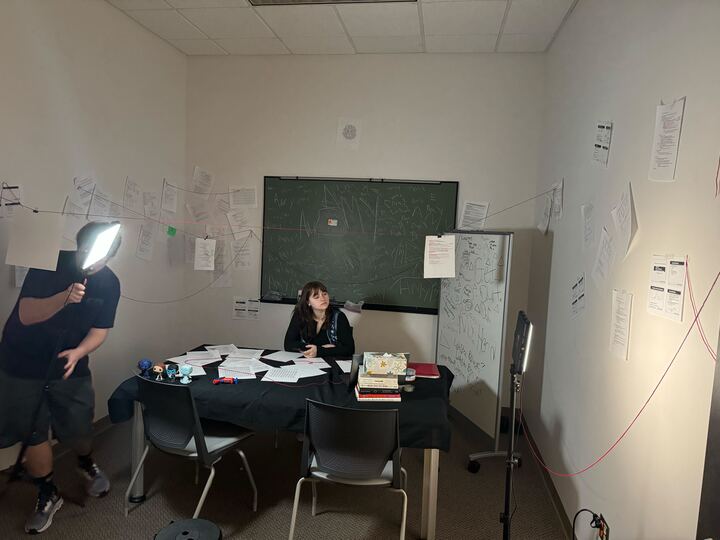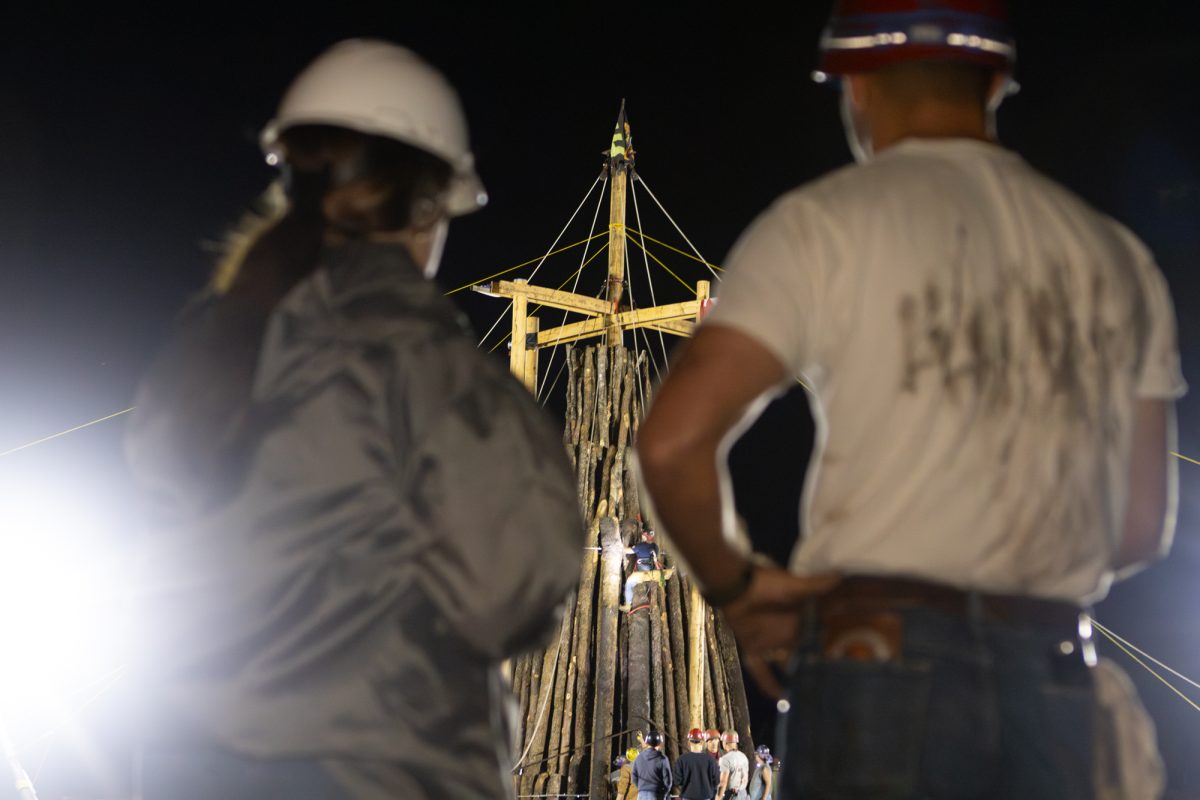Photographer Matthew Wong sits down with Ravi Zacharias, Christian apologist and founder of Ravi Zacharias International Ministries, to discuss his thoughts on faith and spirituality in the 21st century.
Zacharias spoke Tuesday at Breakaway in Reed Arena and Wednesday in Rudder Auditorium to talk about “God or No God: The Quest for Absolute Meaning.”
THE BATTALION: How did you become interested in apologetics?
ZACHARIAS: Let me begin by saying “Howdy,” I hear that would cover a multitude of errors. I don’t think it’s uncommon, coming from the part of the world that I did, coming from India, where the Christian faith is clearly a minority. Whenever you are taking a move that is not in the mainstream, or believing something that has cost you quite a bit, and you believe it out of deep conviction, then you have to answer the questions, there is no escaping it, either internally or externally. You are constantly surrounded by deep-seated questions of truth, and of difference, so I got interested in apologetics; nobody pushed me into it, nobody dragged me into it, it was just a natural move of my own mind into the fact that these questions are not just mine, they are questions for many, so I got into it probably in my graduate work.
THE BATTALION: How old were you when you immigrated from India? What was your stance on your faith when you left?
Zacharias: It almost seems prehistoric now. I was 20 years old, my older brother was 22. My father sent both of us to sort of scout the land. We moved to Toronto, we were given a limited amount of foreign exchange, 400 some-odd dollars apiece to look for jobs, look for settling down. And I was, in my own Christian commitment, very young. I made my commitment to Jesus Christ when I was 17. It radically changed my life and ultimately changed my whole family. But the fact is, I was almost an infant in all of that, and arriving in Canada just put me on to study more, understand more and build my library starting from then.
THE BATTALION: What does it mean to you to follow God?
Zacharias: We are not called to escape the real world. I mean some can choose to go and live in a cave for the rest of their lives, but that’s not engaging reality, that’s running from reality. That’s not engaging humanity, that’s barricading yourself from things. The pietism is an aspect of it, but it not ought to be so privatized that it is publicly disengaged. You know, we can’t make Christianity privately engaging and publicly innocuous, you know, we can’t do that. I was going to speak so much on these issues. We have to take that which bridges the head and the heart, the private and the public. The privatization of faith does a disservice to what faith is all about. So for the Christian, I think the best thing a Christian can do is be certain of what he or she believes, why it is the truth and find meaningful ways in which they can engage culture.
THE BATTALION: In your opinion, what issues do Christian churches in America struggle with today?
Zacharias: So many things I think have gone wrong. Today I think it is more the form that is drawing the people than the substance. And if substance is compromised, what does the form really accomplish? Again, as one of my colleagues once said, ‘It is truth that gives relevance to relevance. Without the truth, relevance becomes irrelevant.’ And in an effort to become relevant, we have lost so much of the truth and the audience is the first to pick it all up.
Q&A: Quest for Meaning
March 18, 2014

0
Donate to The Battalion
Your donation will support the student journalists of Texas A&M University - College Station. Your contribution will allow us to purchase equipment and cover our annual website hosting costs.








